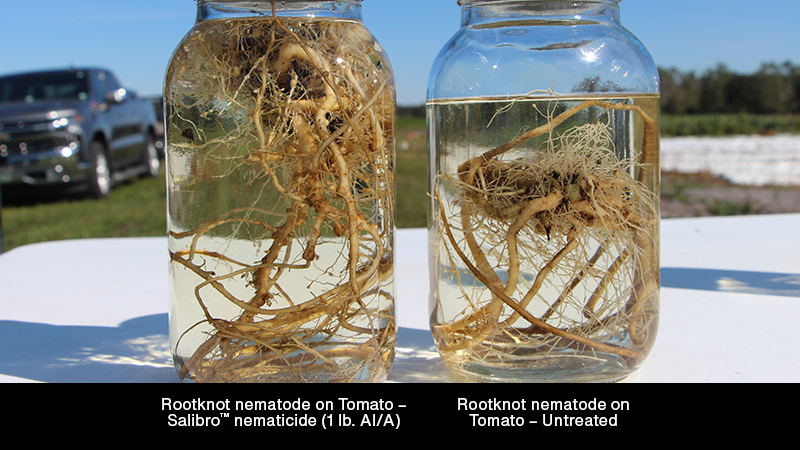Labor Shortages Mean Lost Income
A month ago, I presented American Vegetable Grower® magazine’s 15th annual Grower Achievement AwardSM to Arvin, CA-based Tasteful Selections at United Fresh’s Washington Conference. Accepting the award for the farm was Bob Bender, President and General Manager.
As Bender mentioned in an article talking about the problems impacting the industry, one of the issues plaguing his farm — which produces specialty potatoes, carrots, garlic, and watermelon on about 9,000 acres — is labor. It’s probably an issue for you too. To combat this problem, he says, Tasteful Selections uses linear irrigation, which reduces the need for labor and can irrigate 98% of the field. He also keeps watch on areas where automation can come into play, especially in the operation’s processing facility.
Labor was also a big topic of discussion during the Washington Conference. It was noted that labor shortages have resulted in more than $1.3 billion in lost farm income. It’s difficult to even wrap your head around that number!
As much as mechanization is touted as a way out of the labor mess, the National Council of Agricultural Employers’ Frank Gasperini told conference attendees it will not solve all labor problems. Mechanization is costly, and he pointed out that incorporating it in fruits and vegetables is not the same as using the technology in corn and soybeans.
The game plan remains the same as it has for a number of years: Congress must fix this problem. As that will not happen anytime soon and especially right before a presidential election, you still need to figure out how to get your crops harvested using the current cumbersome system.
If you weren’t able to attend United Fresh’s Washington Conference and take part in the annual march on Capitol Hill to discuss issues critical to the produce industry, I hope you will take the time to contact your own representatives in Congress and let them know — in detail — why you deserve to have a simplified guestworker program that will allow you access to the workers you need, when you need them.
Produce can’t wait in the field for workers to arrive. It was noted that on average, guestworkers arrive about 20 days late. Remember last spring when there was a bottleneck at the border and some growers didn’t receive workers in time to harvest their early crops? We also learned that the Department of Labor was using the U.S. Postal Service rather than email to process important information. Unacceptable.
Agriculture is not a typical industry; you are fulfilling a basic human need. Tell your story.
It’s time you received the help you need.










